In a significant ruling on July 14, 2025, the Kosovo Specialist Chambers in The Hague upheld the convictions of Pjetër Shala, a former member of the Kosovo Liberation Army (KLA), for war crimes including murder, torture, and arbitrary detention. However, the court reduced his prison sentence from 18 to 13 years, citing that the original sentence was disproportionate compared to similar cases.
Shala, 62, was initially convicted in 2024 for his role in operating a makeshift prison at the Kukës Metal Factory in northern Albania during the 1998-1999 Kosovo conflict. The court found that detainees, suspected of collaborating with Serbian forces, were subjected to severe abuse, leading to at least one death.
The appeals panel reversed several convictions related to torture and arbitrary detention due to insufficient evidence. Nonetheless, it upheld convictions for the same crimes concerning other victims and for Shala’s involvement in the murder of one detainee, who was shot and denied medical treatment.
In reducing the sentence, the court considered that Shala did not hold a commanding role during the murder and that the initial 18-year term was “out of reasonable proportion to comparable cases.”
Special Prosecutor Kimberly West welcomed the judgment, stating that it “reinforces the rule of law and contributes to achieving accountability for serious crimes and justice for Mr. Shala’s victims.”
The Kosovo Specialist Chambers, established in 2015, are part of Kosovo’s judicial system but are located in the Netherlands and staffed by international judges and lawyers. They were set up to handle cases under Kosovo law against fighters of the KLA.
This case is part of a broader effort to address war crimes committed during the 1998-1999 conflict, which resulted in over 13,000 deaths, primarily among ethnic Albanians. Kosovo declared its independence from Serbia in 2008, a move recognized by the United States and most of the West.
The ruling has sparked discussions about the fairness and effectiveness of the Kosovo Specialist Chambers, with some critics questioning the court’s legitimacy and its focus on prosecuting KLA members while alleged Serbian perpetrators remain uncharged.
Despite these debates, the court’s decision underscores the ongoing efforts to seek justice for victims of the Kosovo conflict and to hold individuals accountable for war crimes committed during that period.

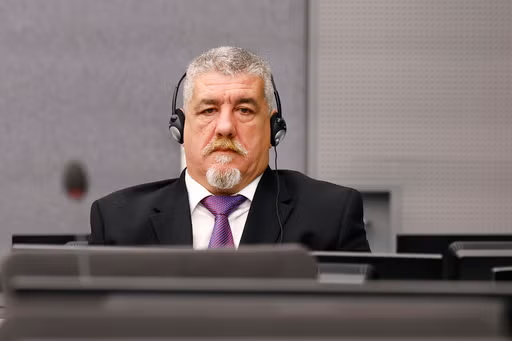

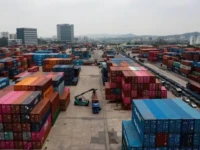

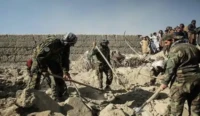



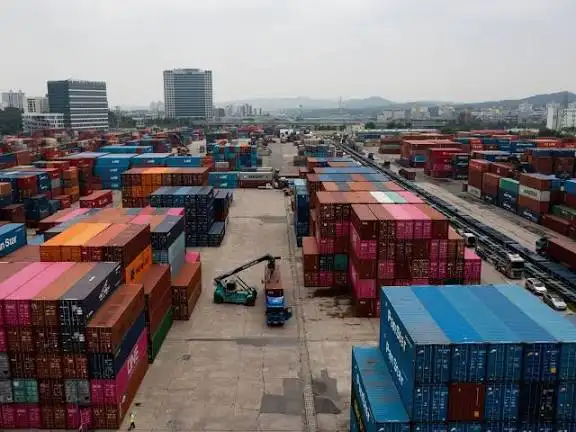

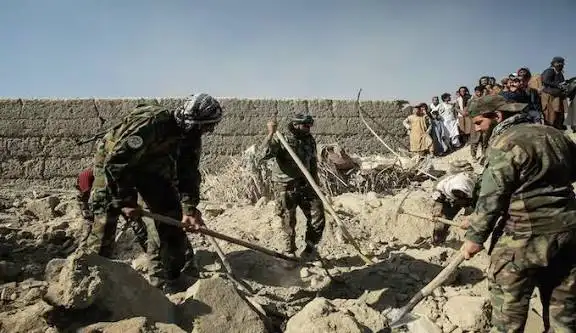
Why does the tribunal reduce the sentence for someone convicted of murder and torture? Justice or leniency? 🤔
Wow, cant believe they reduced the sentence despite murder and torture convictions. Justice system is truly unpredictable sometimes.
Reducing a sentence for murder and torture? Seriously? What kind of message does this send to victims and society? Unbelievable.
I cant believe they reduced the sentence despite upholding convictions for murder! Wheres the justice in that? Outrageous!
Wow, cant believe they reduced the sentence despite upholding convictions. Justice system working in mysterious ways, huh? What are your thoughts on this?
Wow, reducing a sentence for murder and torture? What kind of message does that send? Justice system is wild.
Honestly, reducing a sentence for murder and torture? What message does that send? Justice or leniency? 🤔
Wow, 13 years for murder and torture? Is that really justice? Seems like a slap on the wrist. Thoughts?
Wow, cant believe Shalas sentence got reduced despite murder and torture convictions. Justice system is messed up.
I cant believe they reduced the sentence! Is justice really being served here? Seems fishy to me… 🤔
Do you think a 13-year sentence is enough for murder and torture convictions? Seems too lenient to me. Justice? 🤔
I cant believe they reduced the sentence for murder and torture! Wheres the justice in that? Outrageous decision.